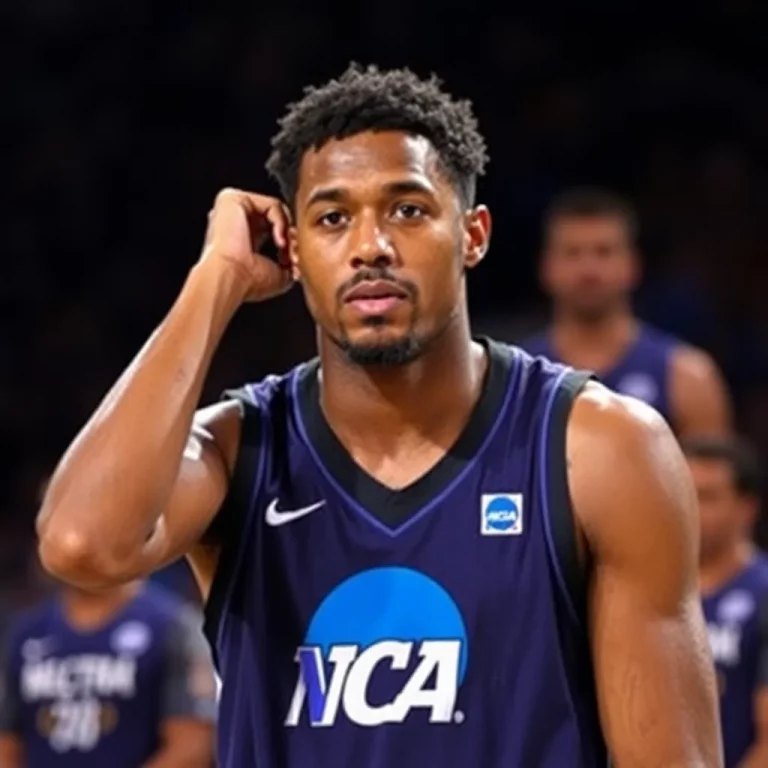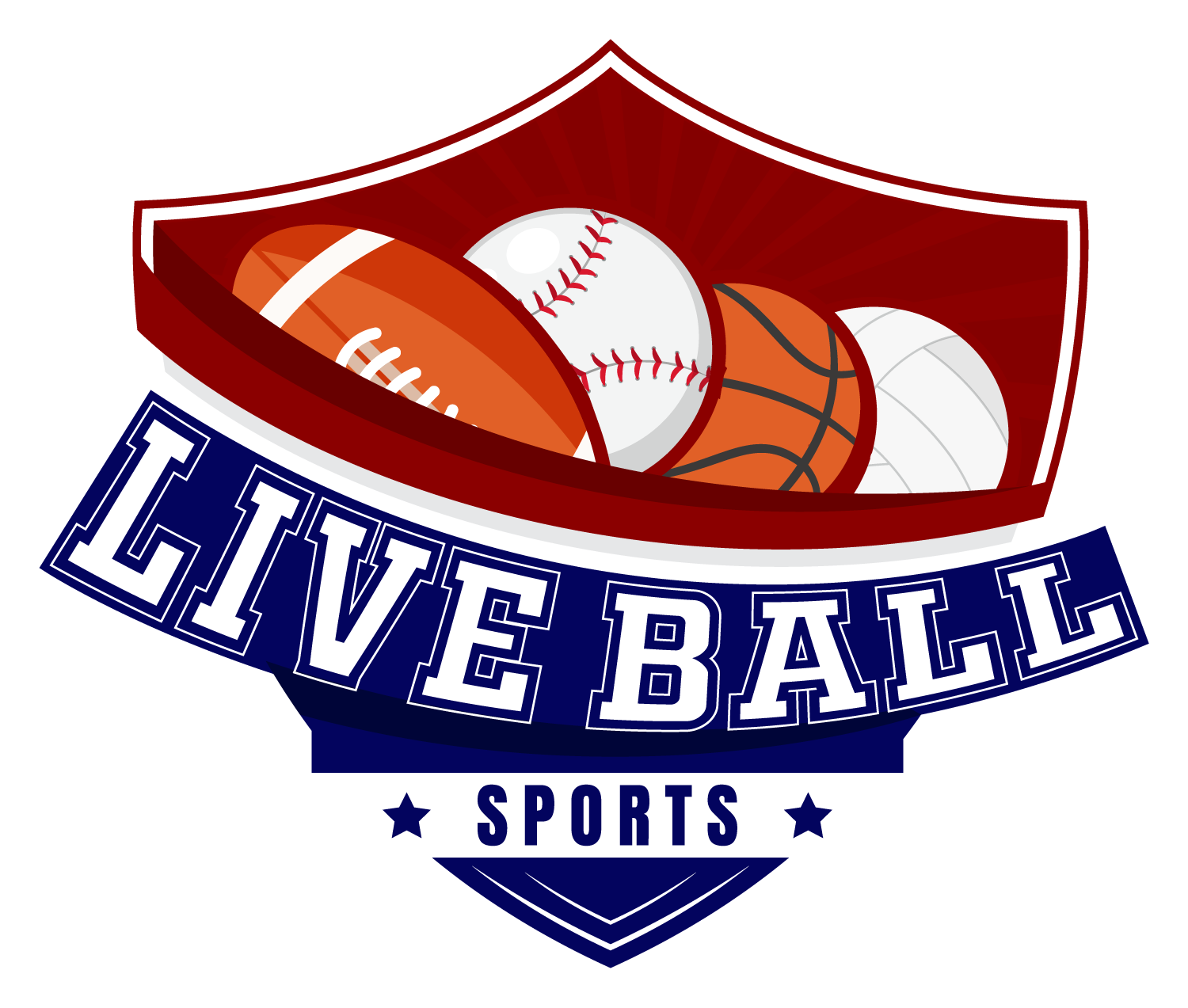Los Angeles, CA – The NCAA is facing several lawsuits from notable former athletes like Reggie Bush, Mario Chalmers, Denard Robinson, and Terrelle Pryor. These individuals are leading class-action lawsuits claiming the NCAA and some universities violated antitrust laws by denying athletes their NIL (Name, Image, Likeness) rights while they were in school. This wave of legal action features some big names in college sports, especially for fans of the 2000s and 2010s.
These athletes have impressive backgrounds, including three All-American selections, two national championships, and even a Heisman Trophy that was initially stripped but eventually returned to Bush. There is talk of how these cases highlight the struggles faced by college athletes long after they finish their collegiate careers. For example, Pryor’s career was cut short by NCAA rules that have since changed, forcing him into an unconventional draft position in the NFL.
Central to these lawsuits is the claim that the NCAA continues to harm these former athletes through the unauthorized use of their NIL. Specifically, Chalmers mentions videos on the NCAA’s website that feature him without compensation during his college days. While the athletes argue they are still being impacted, the NCAA looks to counter with a legal strategy focused on the four-year statute of limitations for antitrust violations.
The ongoing situation is creating a buzz as the NCAA works to finalize a $2.8 billion settlement in a separate case, House v. NCAA. So far, none of the aforementioned athletes are included in that settlement as it applies specifically to athletes who participated from 2016 to 2021. Many are questioning whether the specific time frame is wise, especially given the latest lawsuits highlighting athlete rights.
The NCAA has defended against Chalmers’s claims by saying the lawsuit is “time-barred,” which could set a precedent for how they handle the other cases. If they fail to dismiss the lawsuits based on timing, their defense may rely on arguments related to free speech and fair use of athletes’ likenesses.
As the NCAA navigates these tricky legal waters, it must carefully consider how to react to the wave of lawsuits aimed at reshaping athlete treatment within college sports. The outcomes could significantly impact how athletes are compensated and treated in the future.



